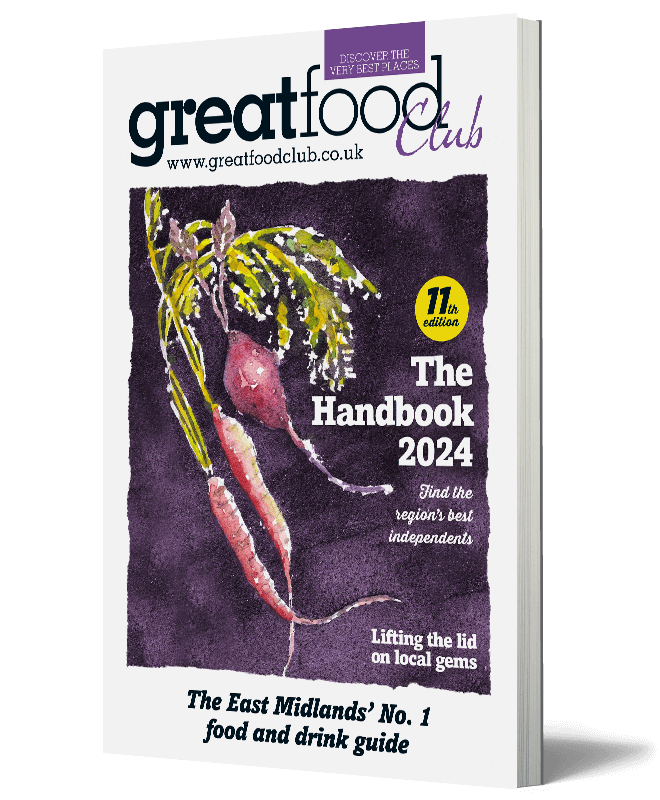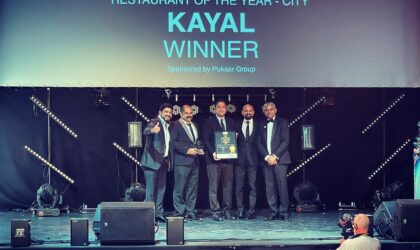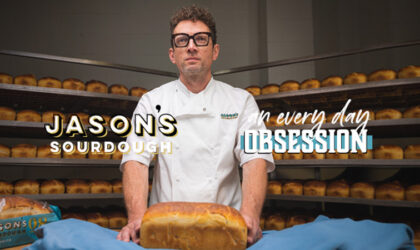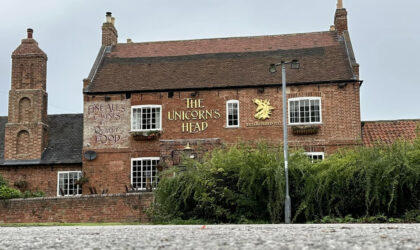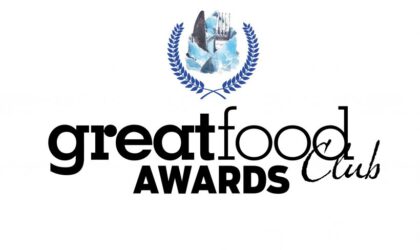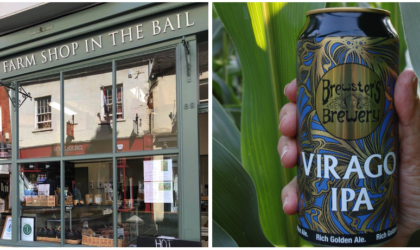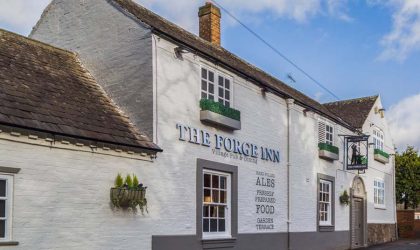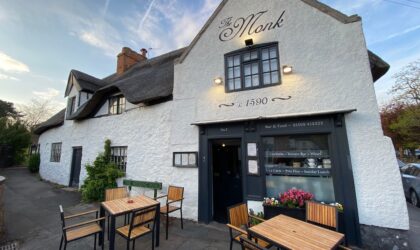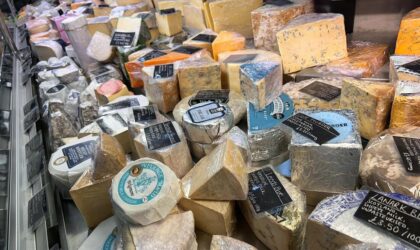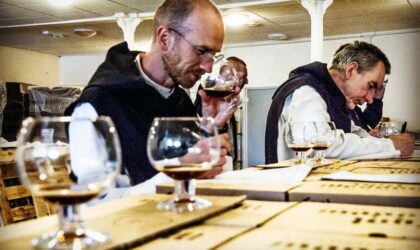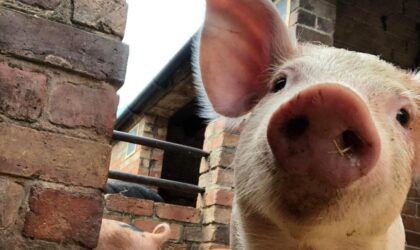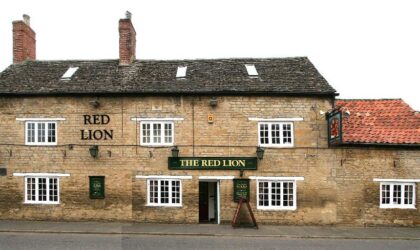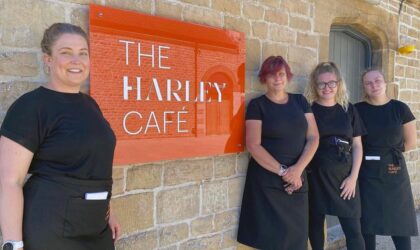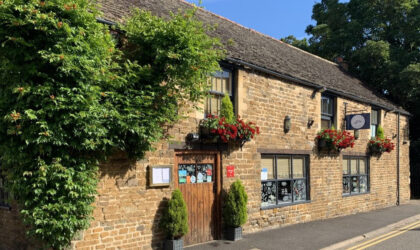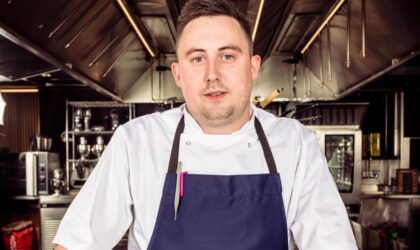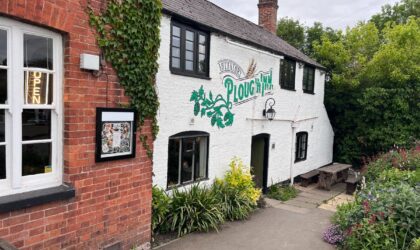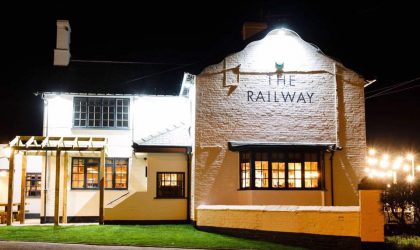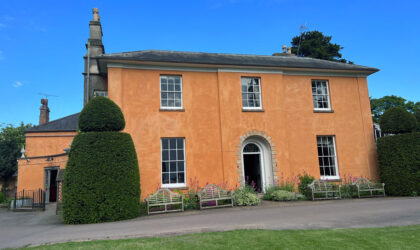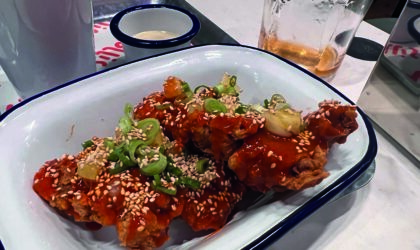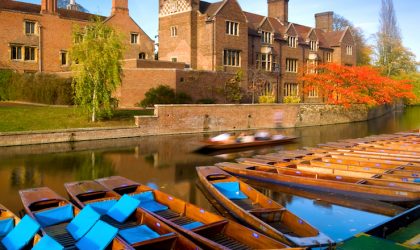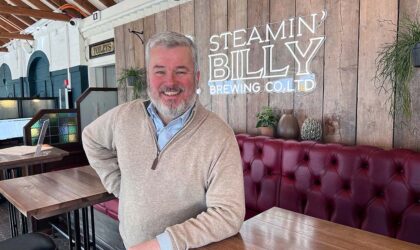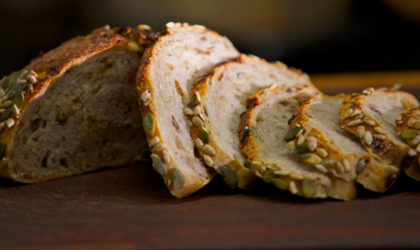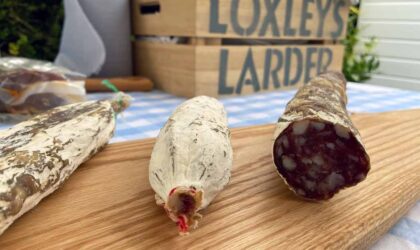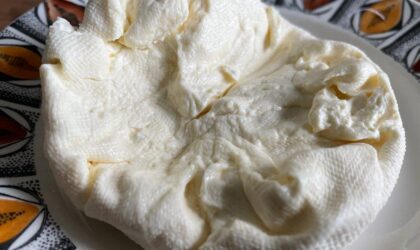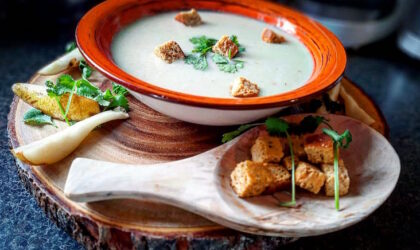Buy local meat to help beat climate change
Great Food Club Opinion
Last week’s UN report into climate change made life a bit harder for small-scale meat producers. Most media outlets picked up on the ‘eat less meat’ message but failed to distinguish between industrial farming and sustainable, small-scale producers.
However, local artisan producers are not the problem – they are part of the solution.
Buying locally produced beef, pork, lamb & chicken from small, high-welfare farms is perfectly aligned to dealing with climate change.
As Patrick Holden, founding director of the Sustainable Foods Trust, says in this article: “We need to align our diets with the productive capacity of the region where we live.”
In other words, we should eat locally.
Patrick continues: “What the report is actually recommending is to move towards the consumption of meat products from sustainable farming systems. That really should be the key debate now. We should all be thinking about the answer to the question: what should you eat to be sustainable and healthy.
“If you ask young people what meat is the most sustainable to eat, they will probably say chicken. But intensively produced chicken and pork are the least sustainable meats to eat. The most sustainable meats to eat are lamb and beef and dairy products from mainly grass-fed ruminants
Follow this link to find the farm shops that this website recommends: https://bit.ly/2KOYjmH
Great Food Club’s message – and that of the Sustainable Foods Trust – is to buy local meat from small, high-welfare producers.
Below are links to the Facebook pages of some GFC-recommended farms in the East Midlands.
Harkers Farm Shop
Northfield Farm Shop & Butchery
March House Farm
Farndon Fields Farm Shop
Waterloo Cottage Farm
Maxeys Farm Shop
Ashley Farm Shop
Manor Organic Farm. Shop, Butchery and Bakery.
Spring Lane Farm Shop
Croots Farm Shop & Cafe
Hackwood Farm



